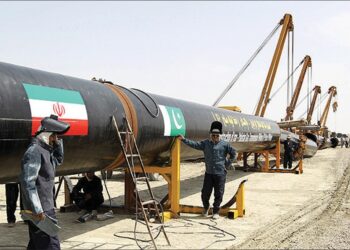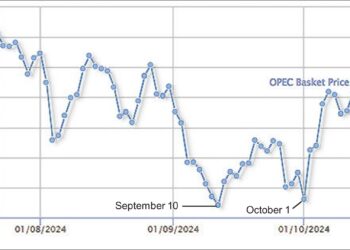May 26, 2018
The Majlis Research Center has issued a report saying the bulk of the problems afflicting the Iranian banking system and limiting its contacts internationally are due to internal failings, not foreign sanctions.
The report was a stunning rejection of much official rhetoric, but was in keeping with what many banking professionals have been saying.
“Despite the common perception of the people and some of the country’s elite, a considerable portion of problems in Iranian banks’ correspondent relations with global counterparts is rooted in non-sanction reasons,” the Majlis Research Center said in the report published on its website in mid-May.
The center said the financial sanctions of previous years effectively cut Iran’s ties with global partners and said that disconnected it from upgrades in international regulations and standards for 3-1/2 years. But the sanctions were lifted 2-1/3 years ago and Iran’s banks still aren’t back up to international standards.
The report reviews all the relevant global banking standards and regulations—namely international ISO banking standards, Basel standards devised by the Basel Committee on Banking Supervision, International Financial Reporting Standards, reports on the Observance of Standards and Codes, the Financial Sector Assessment Program of the World Bank, and the Anti-Money Laundering and Combating Financing of Terrorism regulations of the Financial Action Task Force.
Then, it gauges the adherence of the Iranian banking system to those globally accepted norms.
It lists several standards for controlling counterfeiting and money laundering that have not been updated since 2012.
It says one of the biggest weak points is that the Central Bank of Iran still operates based on the more than two-decade old Basel I standards that require minimum reserves of 8 percent. But most banks are preparing themselves for a minimum reserve of 12 percent, as required by Basel III (15.5 percent for major lenders). “The average ratio in Iran is less than 5 percent,” it said—in other words, not even up to the 8 percent required by Basel I.
The report points out that many major Iranian banks posted high losses during 2014-15, and Bank Melli, the nation’s biggest bank, recorded a negative reserve.
Lack of adherence to corporate governance fundamentals was identified by the research center as another major issue whose resolve hinges on banks creating new corporate structures, regulations and norms.
“Unfortunately, only two counts of global financial reporting standards have equivalents in Iran,” namely IAS 11 and IAS 26. There are 17 other standards that lack a national equivalent.
The report says that of 43 standards listed by the World Bank’s Financial Sector Assessment Program (FSAP), Iran is fully compliant and transparent in only 20, although it is partially in line with most others.
On Iran’s standing with the Financial Action Task Force (FATF), the report says Iran has been on average 18 years behind the world in adopting anti-money laundering standards and 14 years behind on standards for combating the financing of terrorism.
It also points out that Iran has been ranked worst in the world in the Basel anti-money laundering Index since 2012, except for 2013 when it ranked second behind Afghanistan.
The center tells policy-makers that Iran’s limited banking relations with the rest of the world are not tied to sanctions because, “even if the sanctions are lifted completely, the aforementioned barriers will continue to hamper Iran’s international banking links.”

















